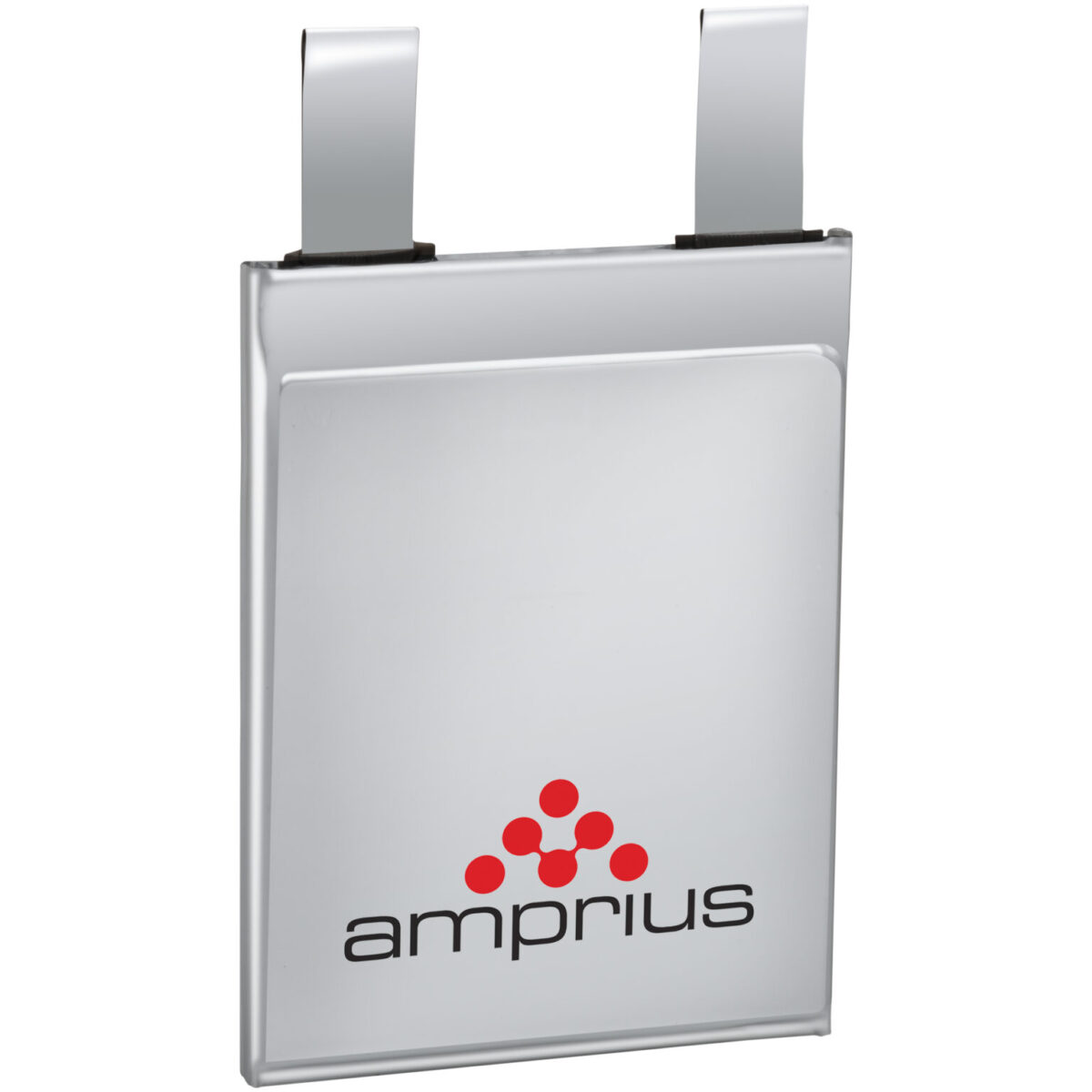From pv magazine Global
California-based Amprius has verified the performance of its silicon anode battery cells with third-party tester Mobile Power Solutions. The results show that the cell model provides 504 Wh per kg and 1321 Wh per L at 25 C.
Amprius said the silicon anode cell is roughly half the weight and volume of leading conventional commercially available lithium-ion cells. The cells have applications in the rapidly growing electric aviation space and could be integrated with electric vehicles. Together, electric aviation and light-duty EV battery demand is estimated to exceed $100 billion throughout the world by 2025, said the company.
The Amprius cells offer a run time of 200% compared to leading graphite battery cells. However, they are lighter and smaller than other batteries with the same energy content.
“This latest validation continues Amprius’ track record of producing the world’s most powerful battery cells and sets an industry benchmark for next-generation battery technology that will ultimately revolutionize how high we fly, how far we travel and how long we can use our devices,” said Jon Bornstein, president of Amprius Labs.
Customers can adjust specifications on the battery cell platform to meet a project’s engineering needs. The customizable platform allows customers to select the option to either increase energy content in a battery pack without increasing weight, reduce weight in applications that target a fixed energy content, or a combinations of the two. Higher energy is important for longer run times, range and endurance, while lighter packs increase energy efficiency.
The battery cells are planned to be integrated with the AALTO Zephyr, a high-altitude platform station (HAPS). The solar-electric telecommunications aircraft offers persistent earth observation with 18cm ground sampling distance, near-real-time video and imagery from the stratosphere, day and night.
“We look forward to taking advantage of Amprius’ 500 Wh/kg cell to further develop Zephyr’s unrivalled stratospheric endurance capabilities,” said Pierre-Antoine Aubourg, chief technical officer at AALTO HAPS, an Airbus subsidiary. “Amprius is a valued current supplier with a great track-record, and we are confident that its battery will deliver the capability we need.”
Amprius operates a research and development laboratory in Fremont, California. It recently signed a letter of intent for a 774,000 square foot facility in Brighton, Colorado that would provide up to 5 GWh of manufacturing capacity.
The US Department of Energy (DoE) targets improvements in battery performance to stabilize the critical materials supply chain and offer attractive products to vehicle buyers. “While a number of electric drive vehicles are available on the market, further improvements in batteries could make them more affordable and convenient to consumers,” according to the DoE.
The DoE funds advanced battery development, systems analysis, and testing in pursuit of these goals.
This content is protected by copyright and may not be reused. If you want to cooperate with us and would like to reuse some of our content, please contact: editors@pv-magazine.com.









By submitting this form you agree to pv magazine using your data for the purposes of publishing your comment.
Your personal data will only be disclosed or otherwise transmitted to third parties for the purposes of spam filtering or if this is necessary for technical maintenance of the website. Any other transfer to third parties will not take place unless this is justified on the basis of applicable data protection regulations or if pv magazine is legally obliged to do so.
You may revoke this consent at any time with effect for the future, in which case your personal data will be deleted immediately. Otherwise, your data will be deleted if pv magazine has processed your request or the purpose of data storage is fulfilled.
Further information on data privacy can be found in our Data Protection Policy.